To some, India appears to be rising at Pakistan`s cost and the prospect of the latter becoming a pawn is unnerving. But the good news is that the world is anarchic in character and states do not gain power on the crutch of each other. Greatness was not thrust on the P5; they jostled for supremacy and continue to maximise their power.
Letting New Delhi into the Security Council is akin to opening a Pandora`s box since there are other contenders with their eyes set on that door too. No matter what the rhetoric, the P5 will not let power slip out of their hands so easily.
The US has dangled the bait because of five incentives offered by India. The $100bn military spending it plans in the next decade will give a fillip to America`s ailing economy and create some 50,000 new jobs. Lifting sanctions related to the Indian space programme will give an additional economic boost to the American industry. Letting India satiate its civil nuclear energy needs means big bucks and the prospect of containing a rising China serves as the icing on the cake. That said, America will prefer to maintain the balance of power in South Asia — not to please Pakistan but to keep a check on India`s military power.
Raising concerns over Obama`s carefully worded and conditional support for India`s bid for a permanent seat serves no purpose, since this will not deter Washington from courting New Delhi. Instead, proving that Pakistan is a stable economy and offers a consumer market of 170 million people can do the trick for Islamabad.
Pakistan should be content that its geographic significance, indispensability in terms of a settlement in Afghanistan and nuclear capacity provide it security. However, the poor state of the economy and education sector, and internal instability constitute its Achilles heel.
Clinton`s famous one-liner — “it`s the economy stupid” — is the post-Cold War mantra and a state that offers no economic incentive risks losing relevance. History is, in fact, economics in motion. States that forget this cardinal lesson and rest their security solely on military power should heed the fate of the erstwhile Soviet Union.
If Pakistan does not want to lose on the regional chessboard, it must match ambition with action. The world does not offer a level playing field to anyone. Sun Tzu and the Chinese inventor of the game of Go would have advised Islamabad to forget chess and play Go.
This two-millennia-old game requires greater strategic skill than chess and is played on a larger 19×19 grid rather than the 8×8 chessboard. Unlike chess, Go players use a resource-efficient strategy to acquire maximum territory, surround and capture the opponent with minimum pieces. While only fixed moves can be made in chess for waging a war of attrition against the opponent, in Go the opponent is subdued without attrition. The Art of War
In 500 B.C. Sun Tzu — warrior, philosopher and the creator of — devised a successful Go-type strategy to win against the neighbouring Chu kingdom, 10 times superior. Sun Tzu`s strategy transcends time and is applicable to Pakistan. The country cannot match India`s military might with empty pockets or at the cost of further impoverishing its poor.
What would it take for Pakistan to devise a successful Go strategy? The prescription revolves around the single agenda of initiating economic reforms and consistency for the next 40 years, regardless of the political set-up.
Deng Xiaoping`s radical pragmatism and his 1978 economic reform policies constitute a model that has no parallel in history. They propelled China into becoming the world`s second-largest economy in three decades by replacing central planning with market forces, breaking down collective farms and getting rid of state-run enterprises. Pakistan can customise the Chinese model to suit its requirements.
Instead of seeking foreign aid and levying additional taxes, Pakistan must broaden its tax base while dealing with fraudsters and defaulters with an iron hand. The poor already live in an austere fashion; those who live on public money must observe austerity too. Pakistan must gradually cut down on all the spending that forces it to get loans and compromise its sovereignty. Only then can it rid itself of the IMF`s one-size-fits-all curse that, in the words of Deng Xiaoping, “forces a state to cross the river without feeling the stones”.
Education reforms are the next most important need so that a generation of skilled human resource is created in the next 30 years. With books in hand instead of guns, the military can be called on to aid civil power by supplementing the primary and secondary education systems in the rural areas. Madressahs and schools can be brought at par and a uniform syllabus be introduced. The Higher Education Commission`s budget can be raised with the target of hiring the best possible faculties, raising qualitative standards, reinstating scholarships and letting foreign universities open campuses in Pakistan.
Lastly, the feudal elite must allow the long-delayed land and social reforms. Socially, Pakistan continues to be a feudal society whose economic structure is pre-capitalist. Until this changes — until the country starts investing in its people and liberalising its laws to enable private enterprise — it will continue to flounder and extremism will fill the void. In that case, the elite will lose more as the poor have little left to lose. It is in the elite`s long-term interest to initiate social reforms, retaining goodwill while relinquishing some control to create a win-win situation. n
When China celebrated 30 years of reforms in December 2009, its leadership toasted the generation that faced hardship, drank hot water to subdue hunger and for years broke its fast with peanuts. Pakistan can increasingly look northwards to seek lessons in Go instead of carrying a begging bowl to Beijing and other world capitals.

















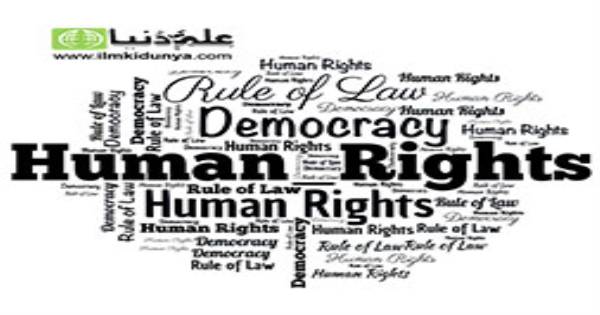
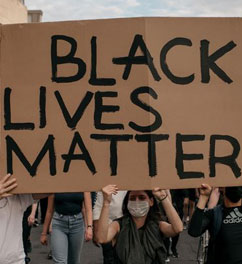

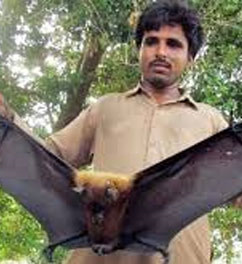
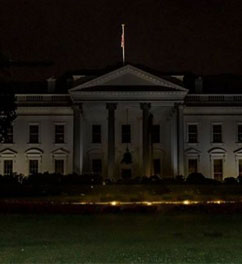
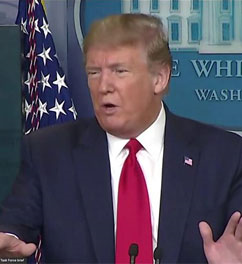




.jpg)















